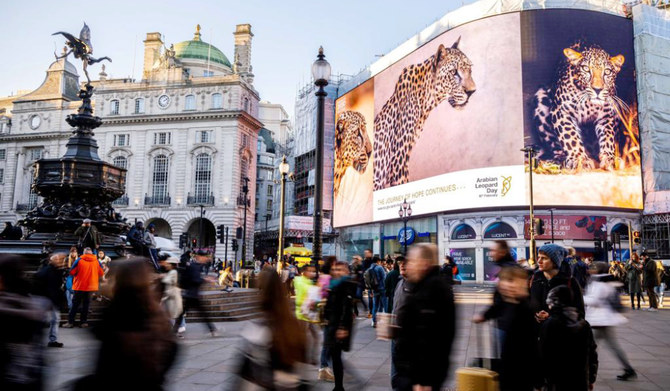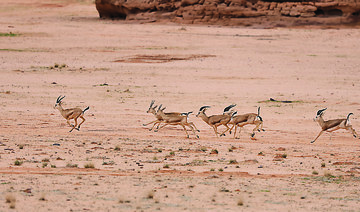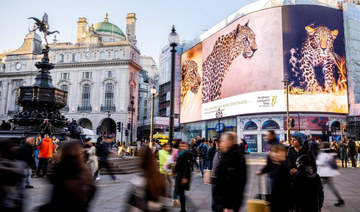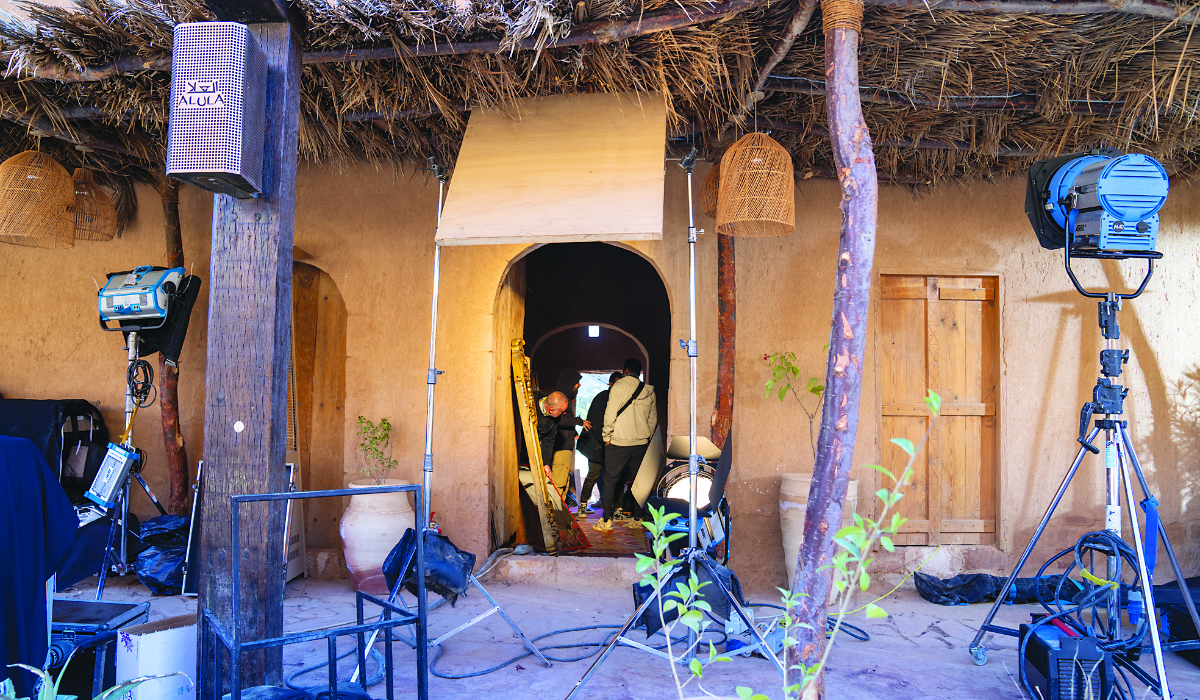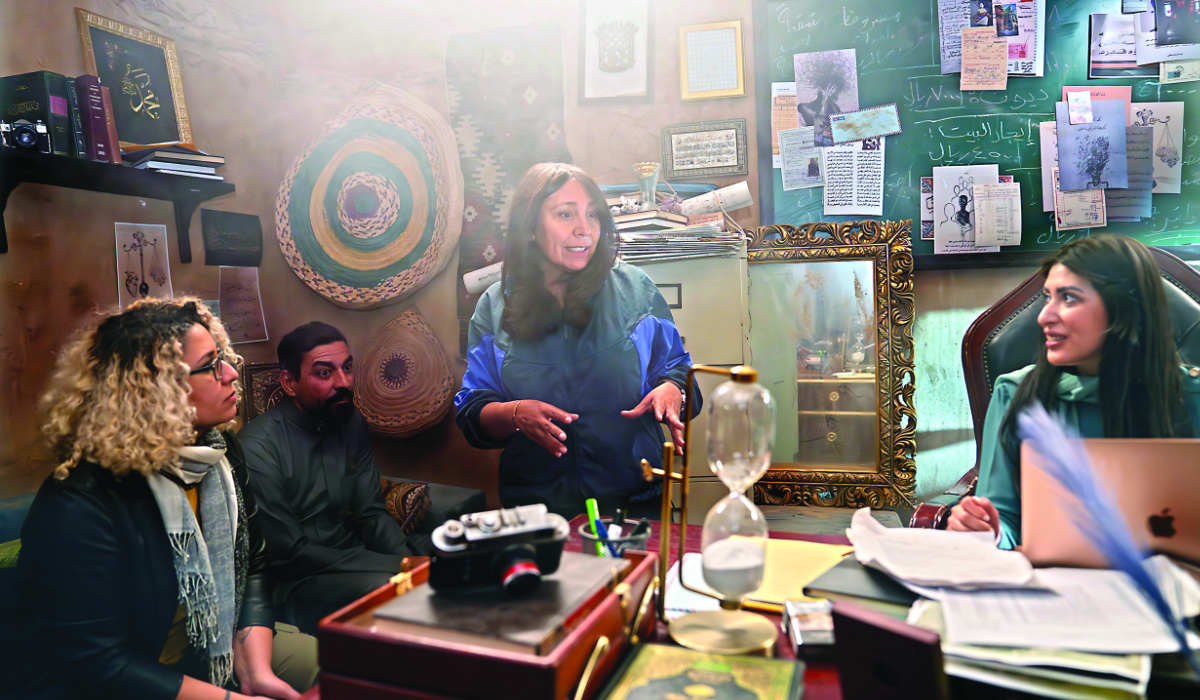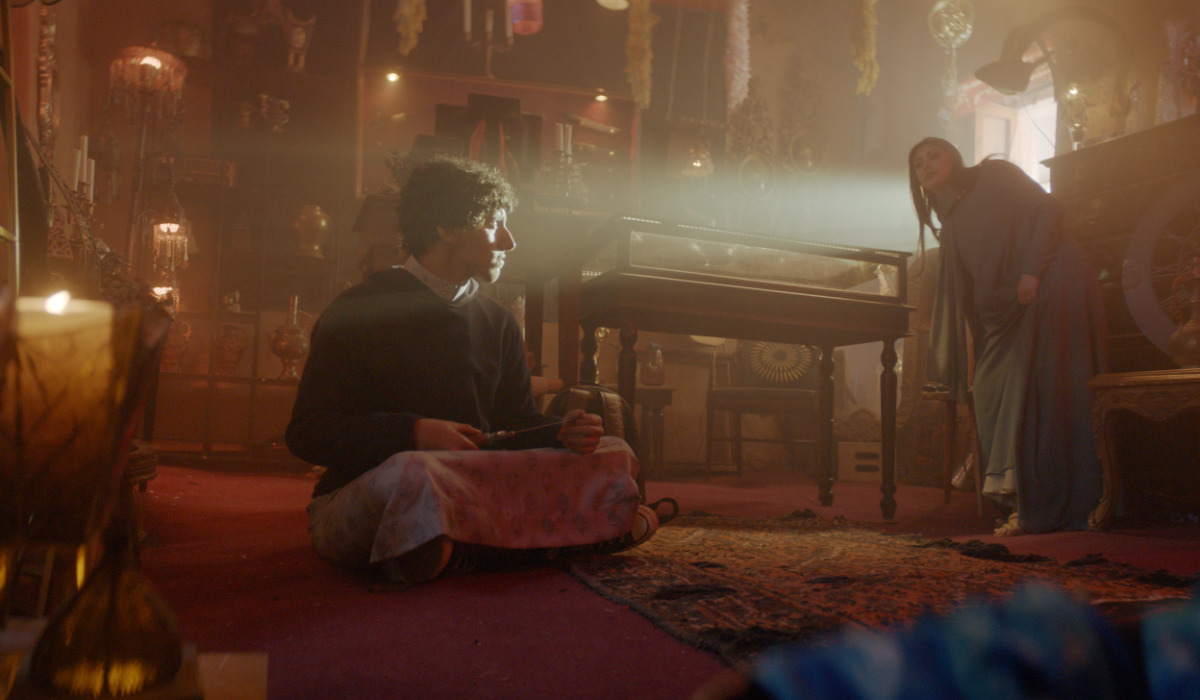NEW YORK/RIYADH: The designation of Feb. 10 as International Day of the Arabian Leopard has been welcomed as an opportunity to create awareness about the importance of the critically endangered big cat — there are fewer than 200 in the wild — for environmental diversity and sustainability.
The UN General Assembly had earlier this week adopted by consensus the resolution to mark the day annually. Saudi Arabia’s UN mission tweeted on Monday that the resolution “focuses on its importance to wildlife and biodiversity protection.”
The resolution recognizes that the global leopard population was classified as “vulnerable” in 2016, while the Arabian leopard subspecies is considered “critically endangered.” It also notes that the animal’s rapid disappearance from its former range on the Arabian Peninsula represents “a major setback for conservation of biodiversity and sustainability in the region.”
The greatest threat to the smallest of the world’s leopards are habitat loss and fragmentation, prey depletion, and illicit trafficking, the resolution stated.
Saudi Arabia’s permanent representative to the UN, Abdulaziz Alwasil, told the General Assembly after the vote that the Arabian leopard represents “beauty, calmness, physical strength, courage and freedom.
“The Arabian leopard has held a special place in the region for thousands of years and is present in ancient petroglyphs, stories and even everyday expressions.”
The Saudi envoy added that the Kingdom “has paid great attention to preserving biodiversity, protecting, preserving and multiplying the numbers of Arabian leopard, saving them from the threat of extinction, securing their place in the wild with the aim of returning to their natural habitats, and ensuring a safe future for the Arabian leopard against the dangers it faces.”
In 2022, Saudi Arabia declared Feb. 10 as “Arabian Leopard Day” in a bid to raise awareness of the endangered big cat.
The resolution adopted by the UN emphasizes the significance of the Arabian leopard and other endangered species in maintaining an ecological balance throughout their habitats.
It recognizes “the significant efforts towards restoring the Arabian leopard as a flagship species for nature conservation and sustainability on the Arabian Peninsula.” And underscores that such efforts — including breeding programs and the development of regional and national strategies for its conservation — “will profoundly benefit the nature of the ecosystem.”
Saudi Arabia’s ambassador to the US and an avid campaigner for the protection of Arabian leopards, Princess Reema bint Bandar, praised the UN recognition. “I am so happy to see the UN Draft Resolution on the International Day of the Arabian Leopard approved,” she tweeted.
The Catmosphere Foundation, the Arabian Leopard Fund, and the Royal Commission for AlUla have worked “tirelessly to raise awareness about the Critically Endangered Arabian Leopard & focus international attention on its plight,” she wrote on Monday.
“The public response to our campaigns such as Catwalk & Arabian Leopard Day in Saudi Arabia have demonstrated a deep & continuing passion for this beautiful Big Cat across its historic native range,” Princess Reema wrote.
The Catmosphere Foundation was launched in 2021 by Princess Reema who has been on a mission to safeguard the future of big cats. The nonprofit aims to magnify the efforts of Panthera, a US-based charity devoted to the conservation of 40 species of wild cats.
Catmosphere “uses the stories of Big Cats and their conservation challenges to encourage us all to take action to address our collective well-being,” the foundation describes its purpose on its website.
The Arabian leopard is classified by the International Union for Conservation of Nature as “critically endangered” — one step away from extinction in the wild.
Fewer than 200 are believed to exist throughout the Arabian Peninsula, with the largest confirmed surviving population found in Oman’s Dhofar Mountains.
The UNGA resolution was sponsored by Azerbaijan, Bahrain, Jordan, Kazakhstan, Kuwait, Mauritania, Morocco, Oman, Qatar, Saudi Arabia, the UAE and Yemen, and is in line with the UN 2030 Agenda for Sustainable Development.
It reaffirms the value of wildlife’s contributions to sustainable development and human well-being, including on the “ecological, genetic, social, economic, scientific, educational, cultural, recreational and aesthetic” fronts.
It added that “wild fauna in their many beautiful and varied forms are an irreplaceable part of the natural systems of the Earth which must be protected for this generation and the generations to come.”
The resolution stressed the “urgent need to address the unprecedented global decline in biodiversity, including by preventing the extinction of threatened species, improving and sustaining their conservation status and restoring and safeguarding ecosystems that provide essential functions and services, including services related to water, health, livelihoods and well-being.”



